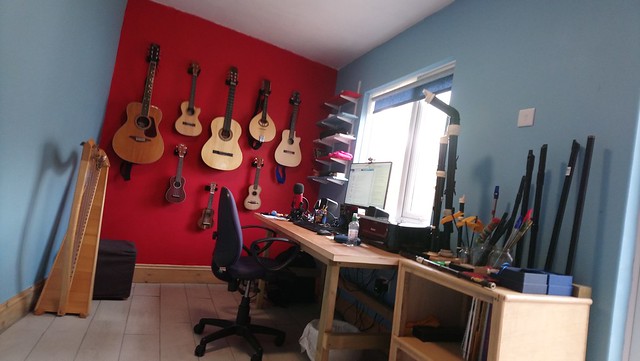Podcast: Play in new window | Download
In this episode we discover the possible Celtic roots of words for soot in English, French and various other languages.
The Proto-Celtic word *sūdyā means soot and comes from Proto-Indo-European *suh₃d- (soot [?]), or from sed- (to sit) [source].
Related words in the modern Celtic languages include:
- súiche [ˈsˠuːçɪ] = soot in Irish
- sùith [suːj] = soot in Scottish Gaelic
- sooie = smut, soot in Manx
- huddygl [ˈhɨ̞ðɨ̞ɡl / ˈhɪðɪɡl] = soot in Welsh
- hudhygel = soot in Cornish
- huzil [ˈhyː(z)il] = soot in Breton
For more about words for soot and related things in Celtic languages, see the Celtiadur post: Soot.
Words from the same Proto-Celtic root, via Gaulish *sūdiā (soot [?]), include sutge (soot) in Catalan, suie (soot) in French, and maybe soot in English, sot (soot) in Swedish, sadza (soot) in Polish, сажа (saža – soot) in Russian, and saze (soot) in Czech [source].
Incidentally, another Welsh word for soot is fflacs, which refers specifically to soot blown down a chimney on a windy day [source].
Radio Omniglot podcasts are brought to you in association with Blubrry Podcast Hosting, a great place to host your podcasts. Get your first month free with the promo code omniglot.













